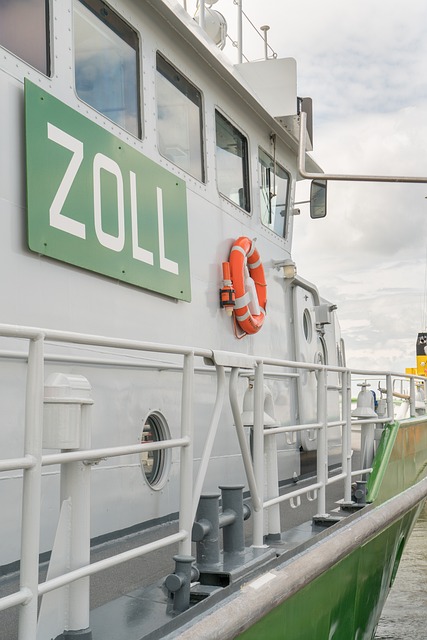Licensed pest control offers specialized services for preventing, identifying, and eradicating pests across diverse settings from homes to commercial properties. Professionals utilize a mix of chemical and non-toxic methods, adhering to strict regulations for safe and effective management. Hiring licensed experts ensures competent handling of pest issues, mitigating health risks and damage. They hold specific licenses and certifications, prioritizing safety and eco-friendly methods. Clients should choose professionals with valid licenses, specializing in their specific pest issue, and providing transparent information. Services involve precise identification and targeted treatments, prioritizing client health and environmental well-being. Both parties have rights and responsibilities, ensuring a successful partnership in maintaining a pest-free space.
“In the realm of pest management, licensed extermination services play a pivotal role in maintaining a healthy living environment. Understanding these services is essential for anyone facing pest infestations. This comprehensive guide delves into the fundamentals of licensed pest control, highlighting its benefits and the various certifications involved.
From identifying common pests to exploring safety measures, we cover all aspects. Learn why professional exterminators are indispensable, what to search for in a specialist, and your rights as a consumer in this carefully curated overview of licensed pest control.”
Understanding Licensed Pest Control: The Basics
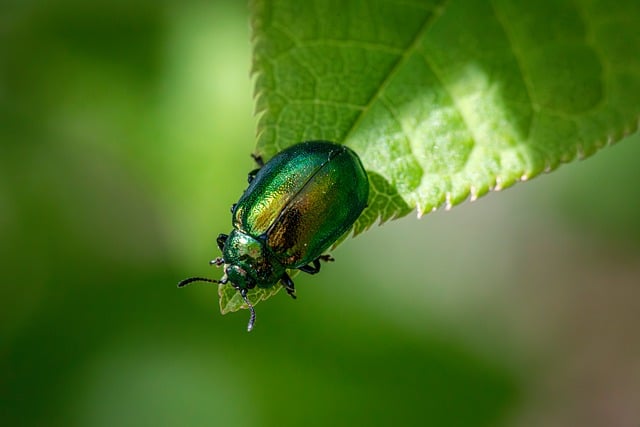
Licensed pest control is a specialized service that deals with the prevention, identification, and eradication of pests in various settings, from residential homes to commercial properties. It’s more than just eliminating insects or rodents; it involves understanding the ecology and behavior of these organisms to implement effective, safe, and sustainable solutions. Professional exterminators are trained to identify the specific pest, assess the extent of the infestation, and employ appropriate methods tailored to the situation.
These licensed professionals use a range of tools and techniques, from chemical treatments to non-toxic alternatives, ensuring minimal risk to human health and the environment. They follow strict guidelines and regulations set by governing bodies to guarantee safe and effective pest management. Engaging their services ensures that any pest issue is addressed competently, preventing further damage or health risks associated with pest infestations.
Why Hire Licensed Extermination Services?
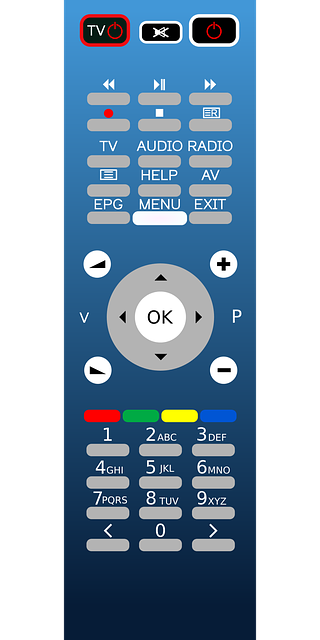
When dealing with pest infestations, many homeowners and businesses opt for professional licensed pest control services. This decision is driven by several key reasons. Firstly, licensed extermination companies possess specialized knowledge and equipment tailored to handle various pests effectively. Their expertise ensures that treatments are applied safely and in adherence to local regulations, minimizing environmental impact.
Hiring licensed professionals also offers peace of mind. These services guarantee results, providing follow-up visits if necessary. Moreover, they employ methods that are humane to non-target species, protecting your family, pets, and the broader ecosystem. By enlisting their aid, you can expect thorough pest control without compromising health or safety standards.
Types of Licenses and Certifications in Pest Control
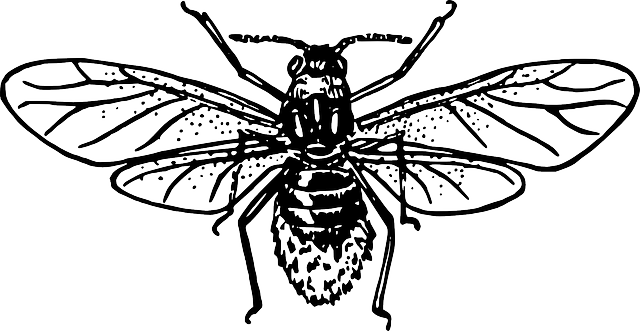
In the realm of licensed pest control, professionals are required to obtain specific licenses and certifications to ensure safe and effective services. These credentials verify that technicians have undergone rigorous training in pest management, safety protocols, and the responsible use of chemicals. The types of licenses vary by region but commonly include general pest control permits, which allow for the treatment of common pests like ants, roaches, and termites. Specialized licenses are also available for handling more hazardous or invasive species, such as rodents, bees, or exotic insects.
Certifications further enhance the expertise of licensed pest control operators. These may include training in integrated pest management (IPM), which focuses on environmentally friendly methods, and safety certifications that guarantee compliance with occupational health standards. Many reputable companies also hold certifications for specific types of pest control, such as termiticide application or bed bug treatment, ensuring they employ up-to-date techniques and products.
What to Look for in a Professional Exterminator

When hiring an exterminator, it’s crucial to select a professional who holds a valid license for pest control services. This ensures they have undergone the necessary training and adhere to industry standards and safety protocols. Look for a company that specializes in your specific pest issue, whether it’s termites, rodents, or insects. A reputable licensed pest control service will provide detailed information about their expertise, experience, and the products they use.
Additionally, verify their credentials by checking with local licensing authorities to confirm their registration and insurance status. Reputable exterminators should offer transparent pricing, a comprehensive treatment plan, and aftercare guidance. They must also prioritize your safety and the safety of your family or pets during the extermination process.
Common Pests Managed by Licensed Professionals

Licensed pest control professionals are equipped to manage a wide range of common pests that can infiltrate homes and businesses. These experts deal with insects, rodents, birds, and other animals that pose health risks or cause property damage. Some of the most commonly managed pests include termites, rodents like rats and mice, bed bugs, cockroaches, ants, spiders, and stinging insects such as bees and wasps.
Their expertise lies in identifying these pests accurately, implementing targeted treatments, and ensuring the safety of both the structure and its occupants during the process. They employ eco-friendly methods where possible to minimize environmental impact while delivering effective pest management solutions, making them the go-to choice for reliable and licensed pest control services.
The Safety and Environmental Considerations in Pest Management
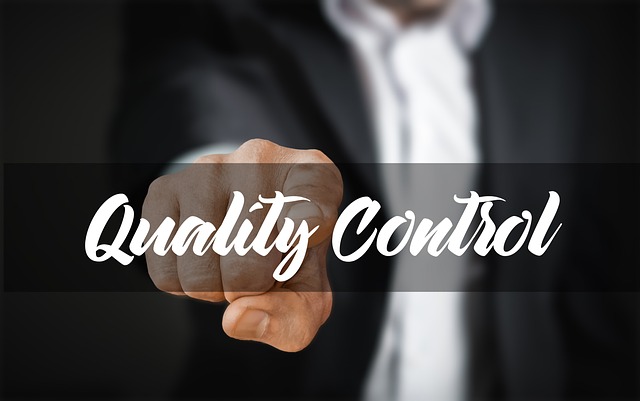
When it comes to licensed pest control, safety is paramount. Professional extermination services prioritize the health and well-being of both their clients and the environment. They adhere to strict regulations and use eco-friendly methods whenever possible, minimizing risks associated with chemical exposure. Trained technicians wear protective gear and follow precise protocols to ensure safe handling of pesticides, reducing potential harm to humans and pets.
Environmental considerations are also a core part of responsible pest management. Licensed pest control companies understand the impact of pest infestations on ecosystems. They employ integrated pest management (IPM) strategies that focus on prevention, monitoring, and targeted treatments rather than widespread chemical applications. This approach helps preserve biodiversity, protects non-target organisms, and contributes to a healthier, more sustainable environment.
Your Rights and Responsibilities in Pest Control Services
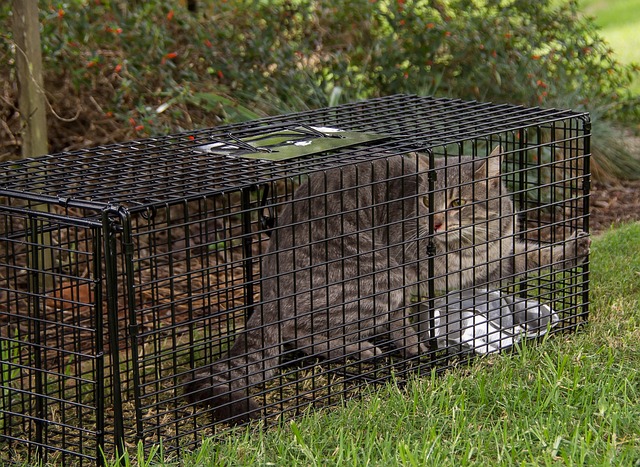
When hiring licensed pest control services, it’s crucial to understand your rights and responsibilities. As a homeowner or business owner, you have the right to receive professional, safe, and effective treatments for any pest infestations. Licensed pest controllers are bound by regulations that ensure they use approved methods and products, protecting both your property and the environment. They must also provide clear communication about the services, costs, and potential side effects.
Your responsibilities include maintaining a clean and tidy environment to minimize attractants for pests. You should also be present during treatment (if safe) to facilitate access to affected areas. It’s important to follow any pre-treatment instructions provided by the licensed pest control service, such as ensuring certain items are removed or sealed off. Regular communication with your provider is key; staying informed about treatment progress and potential recurring issues ensures a successful partnership in maintaining a pest-free environment.
